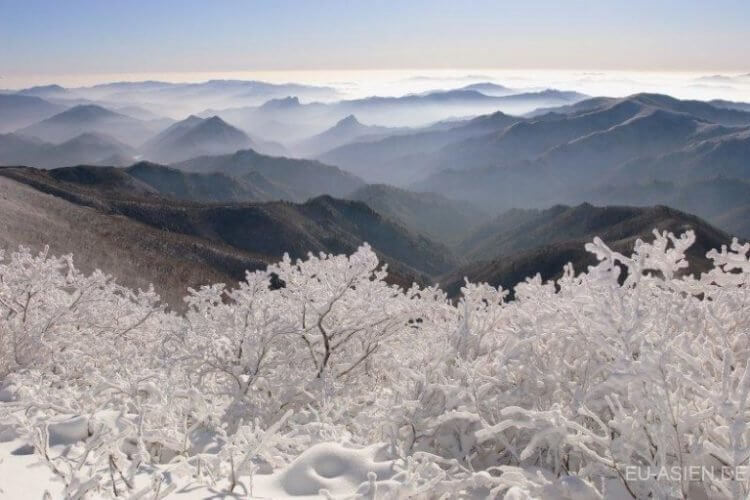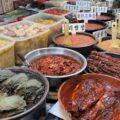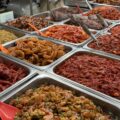The 24 Seasons of Korea

How well do you know Korea’s lunar calendar and its 24 ‘Jeolgi’ seasons?
Like many other East Asian countries, Korea traditionally followed a lunar calendar, as opposed to the solar calendar followed by the West. Unlike the solar calendar, which is based on the Earth’s rotation around the sun, the lunar calendar uses the phases of the moon to calculate months and dates.
The lunar calendar is used to observe many Korean festivals, including Seollal (Lunar New Year), Jaewol Daeboreum (First Full Moon), Chuseok, and Buddha’s Birthday.
The lunar calendar also includes twenty-four solar terms called ‘Jeolgi’. These Jeolgi split the year into different seasons according to weather and climate, each spaced approximately 15 days apart. The observance of these Jeolgi was highly important in Korea for predicting agricultural cycles and observing seasonal rituals.
Read about some of Korea’s ‘Jeolgi’ seasons below! All dates are according to the lunar calendar.
¤ Sohan – January 6th – Small Cold
¤ Daehan – January 21st – Great Cold
¤ Ipchun – February 4th – Start of Spring
¤ Woosoo – February 19th – Start of the Spring Rain
¤ Gyungchip – March 5th – Insects and Creatures Awake from Hibernation
¤ Chunboon – March 20th – Days Begin to get Longer
¤ Chungmyung – April 4th – Weather Begins to Brighten
¤ Gokwoo – April 20th – Spring Rain Falls on the Grain
¤ Ip-ha – May 5th – Start of Summer
¤ Soman – May 21st – Grain Growth
¤ Mangjong – June 5th – Grain in Ear (Bearded Grain)
¤ Haji – June 21st – Summer Solstice
¤ Soseo – July 7th – Weather Begins to Get Hotter
¤ Daeseo – July 22nd – Full Summer Weather Begins
¤ Ipchoo – August 7th – Start of Fall
¤ Cheoseo – August 23rd – Summer Heat Begins to Lessen
¤ Baekro – September 7th – White Dew Period
¤ Chooboon – September 22nd – Fall Equinox (Night and Day Equal Length)
¤ Hanro – October 8th – Cold Dew Period
¤ Sanggang – October 23rd – Arrival of the Frost
¤ Ipdong – November 7th – Start of Winter
¤ Soseol – November 22nd – Little Snow
¤ Daesol – December 21st – Major Snow
¤ Dongji – December 29th – Winter Solstice
Although no longer celebrated as widely as during Korea’s agricultural era, the Jeolgi still offer fantastic insight into the customs and beliefs of a country that traditionally relied heavily on weather and seasons to survive.



